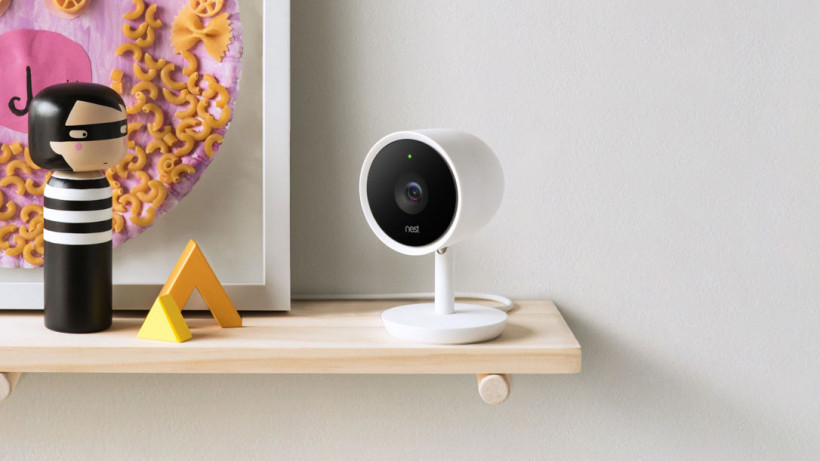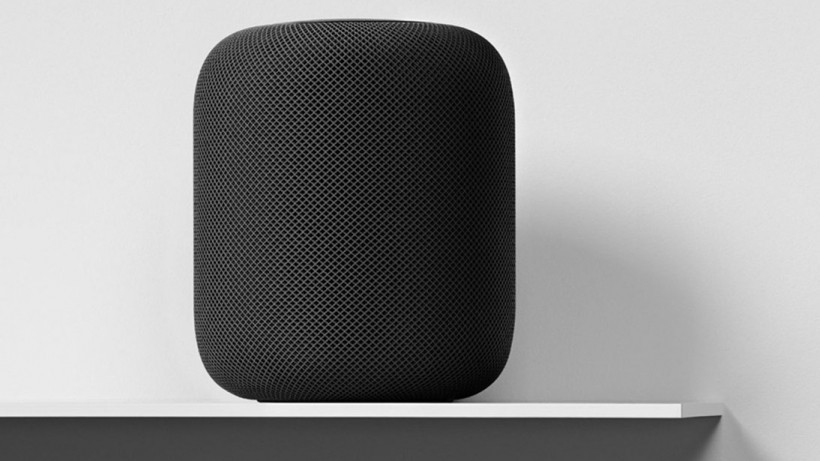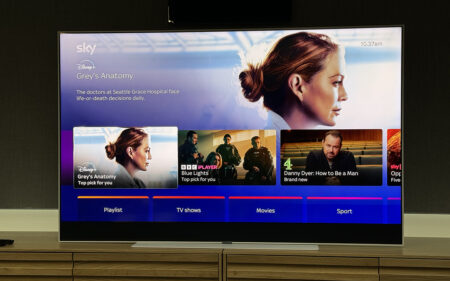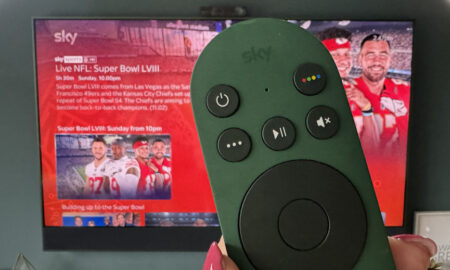A lot of people, perhaps surprisingly, want their speakers to hear more
This week, a survey revealed that people want their smart speakers to do much more, despite other investigations suggesting we’re already lacking in imagination. Audio Analytic, an AI sound recognition company, commissioned an independent survey of 6,000 people – half in the UK, half in the US – and dug up some interesting findings.
Apparently, people are actually pretty enthusiastic about bringing AI into their homes. 60% of people asked said they were keen on the idea, with, understandably, a bit more positivity among people who already own smart home tech.
Meanwhile two in three people with children under 16 said they would like their smart home device to listen out for signs of illness – coughing, sneezing etc – and offer advice when they think you’re ill. A whopping 90% of people said they want their speakers to listen out for particular sounds, like the noise of an intruder breaking in.
Read this: How Alexa skill developers are learning to build for voice
Now, there are obvious reasons why Audio Analytic, a company that focuses on sound detection, would want to draw attention to these findings. But it does also reveal that people are willing to bring more AI into their homes, perhaps with less resistance than we might assume. “The negativity [to AI] was pretty low, about 15% of an average across the two countries,” said Audio Analytic CEO Chris Mitchell.
Audio Analytic is a British company that builds a technology detecting context from sound. Right now it can detect the sound of a window breaking, a baby crying, a dog barking or a smoke alarm blaring. Its tech lives in the Hive Hub 360 and even the Bragi Dash hearable, and Mitchell says there will be more this year.
But right now our smart speakers can’t detect these sorts of noises, let along many smart security cameras. Based on its research to date, Audio Analytic believes that smart speakers will act as a catalyst to the success of other smart home categories, but right now they’re the biggest seller.

I think people are still understanding what AI in the home means
Where smart speaker makers are going wrong, believes Mitchell, is in their thinking of what a smart speaker should actually be. Mitchell tells an anecdote about how Parker Pen sales jumped as soon as the company realised many people were buying them as gifts, and so the company repackaged them. “Smart speaker sellers think they’re in the speech business. They’re not, they’re in the AI business,” he says.
“And having that fuller set of AIs, which I think is something this report highlights, brings that personality to the level people are actually buying at, which is at the AI level, not at the, ‘I can talk to it’ level. I think people are still understanding what AI in the home means.”
Health could be a massive opportunity, believes Mitchell, who highlights the high number of respondents who would like their smart speakers to be aware of our wellbeing, even if this means doing more listening. Although respondents did caveat that they would want certain privacy requirements to be met.
“The most interesting area for me would be what did you do once you know someone is coughing or sneezing,” says Mitchell. “Knowing you don’t need to hit the fitness goal this week because it looks like you’re starting to feel a bit ill and it’s probably best to back off – this is a whole part of health management, which has become quite a large part of consumer electronics.
“We’ve got a roadmap that takes us up to giving things a sense of hearing, that’s about 30 or 40 sounds, theres a range of health and wellbeing sounds on that roadmap, and we’ll be showing off some simple stuff later on this year.”
The problem with sound detecting AI is that, if you want to tell someone their home has been broken into, or that they should see a doctor, you need to be incredibly accurate. We’re getting there, but the smart home won’t become the “intelligent home” overnight.





